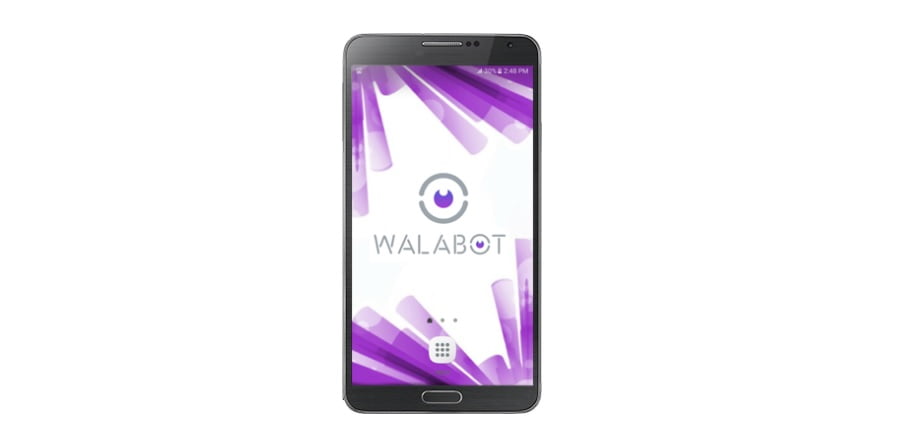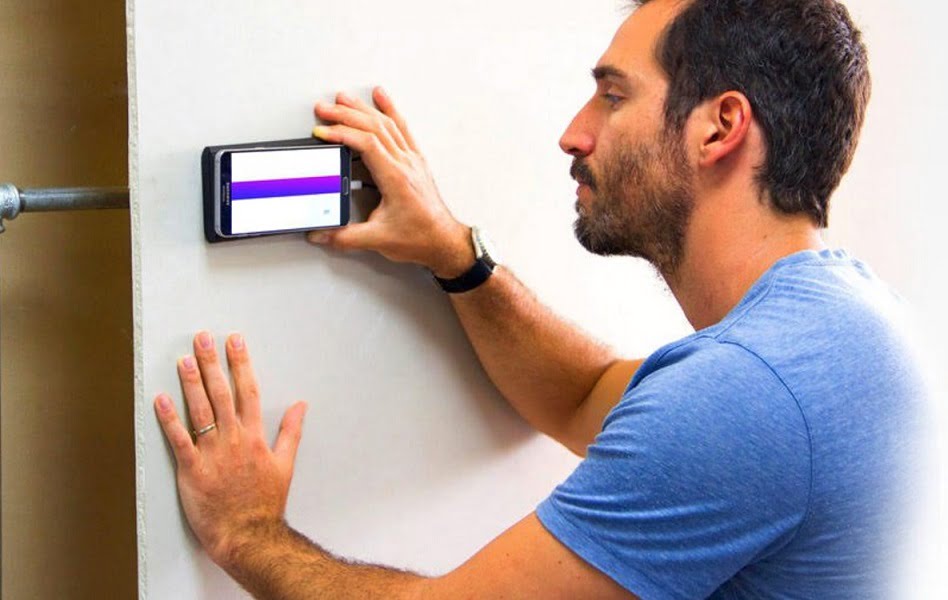Who didn’t watch Superman and wish they could see through walls? Now, thanks to Israeli technologies developed by startup Vayyar, what was previously confined to the realms of science fiction is becoming a reality.
Vayyar has developed sensors that can detect and visually display – in three dimensions – what lies on the other side of any surface. From detecting breast cancer cells through the skin, to finding people on search and rescue missions – this technology can change the way we interact with the world, and save lives.
SEE ALSO: Innovation Nation: Twelve Israeli Inventions That Are Changing The World
Designed to see through materials, objects and even liquids, Vayyar’s sensors look through known barriers to deliver 3D images. Its technology can see through skin and tissue to detect cancer masses, look through walls and create a 3D image of hidden structural foundations; or, it can be used to create a smart home that tracks the location of persons needing care, as well as their vital signs as they move around the house.
Its 3D sensors rely on antennae that are constantly sending out radio frequency signals to create a 3D map of the environment. The signals travel through objects, detecting their location, size, movement, and makeup.
Granted, radio frequency sensors have been around for a while; but Vayyar’s advantage comes from the quantity of antennae that can transmit and receive many signals at once, and the strength of the algorithms used to interpret the data. The startup packed these antennae into a compact, inexpensive system – which would be priced at a fraction of the cost of an MRI system – giving Vayyar an edge over other, more expensive and unwieldy technologies.
Screening for breast cancer
Their sensor could revolutionize the way illnesses such as breast cancer are detected. In contrast to MRI, x-ray, and ultrasound machines, which generally cost hundreds of thousands of dollars, and are confined to specific screening locations, Vayyar’s sensors are small and cheap, and the breast cancer screening device they are developing could be used in general practitioners’ offices.
“A woman can comfortably hold [the screening device] in her hand, bring it to her breast, and in a matter of seconds, scan it to detect for malignant growths,” Malcolm Berman, director of product and marketing at Vayyar, tells NoCamels. “It uses non-ionizing radiation, so they could actually screen themselves every day.”
“A highly sophisticated radar system”
In addition to the healthcare sector, Vayyar’s tech can be useful in other fields: The sensors don’t rely on visual detection, which makes them a better fit for monitoring environments like bathrooms, where privacy is a concern, and burning buildings, where smoke would block the camera.

Walabot. A small black box containing the sensors magnetically attaches to the back of a smartphone, and connects to a mobile app. Courtesy
Although there are other sensors that use radio frequency, such as those produced by international aerospace and defense company Raytheon, Vayyar claims to more effectively combine capability with low price.
“It’s a highly sophisticated radar system that’s been created at a fraction of the cost of other solutions,” says Berman. In fact, his team put the sensors into a consumer product called Walabot DIY, which is sold for $199.
A shift from businesses to consumers
Sign up for our free weekly newsletter
SubscribeInitially, Vayyar worked only with other businesses, selling them sensors and developing products such as the breast cancer screening device. In April last year, the company entered the consumer market with Walabot DIY. The device uses Vayyar’s sensors to detect and display the location, size, and material of objects on the other side of walls, making it useful for builders and DIY home renovators.
The product is fairly intuitive to use. A small black box, about the size of a smartphone, contains the sensors. It magnetically attaches to the back of a smartphone, and connects to a mobile app currently available on Android devices.
The app provides a real-time visual feed: As you hold the device against the wall and move it over a metal pipe, a pipe-shaped object and text indicating that it is a metal pipe will appear on the phone screen. The app also has a map mode, which allows users to scan larger spaces, and to see a colored diagram of all the objects in that space. While the interface can seem a bit cryptic to new users, it doesn’t take long to figure out what different colors and shapes mean.
Walabot has proven popular: it sold out in the US, and though it only launched in Europe last month, it has already sold out of inventory twice. Earlier this year, it received much attention at CES 2017, the largest consumer electronics show in the world.
Founded in 2011 by Raviv Melamed, Naftali Chayat and Miri Ratner, Vayyar has so far raised $34 million from venture capital firms Amitai, Battery Ventures, Bessemer Venture Partners, Israel Cleantech Ventures and Walden Riverwood.
An imaging revolution
Vayyar’s sensor comes on the heels of another Israeli gadget that “sees through” objects – Scio, which scans objects and identifies their molecular makeup. SCiO is a tiny handheld scanner that can tell you whether an apple you want to bite into is fresh, what’s in the pills your doctor prescribed, how many calories are in your meal, or whether your plant needs more water.
Similarly, the applications of Vayyar’s sensors seem almost infinite. This year, the company will focus on smart homes, the automotive industry, and robotics. For example, the technology can monitor whether elderly people have fallen in the bathroom based on motion and breath detection, without using optical cameras to breach their privacy.
The applications for the automotive industry and robotics are also far-reaching. For example, the sensors can alert robots to where people are in relation to them, reducing injuries in industrial settings.
SEE ALSO: Israeli Nano-Sensor Can Sniff Out Explosives From 16 Feet Away
Vayyar has the potential to develop in many different directions, as its team is constantly updating the Walabot app with new features, as well as working with a range of business partners to integrate Vayyar’s sensors in new ways. Walls are no longer a barrier for this company, or for anyone using its sensors.
Related posts

Editors’ & Readers’ Choice: 10 Favorite NoCamels Articles

Forward Facing: What Does The Future Hold For Israeli High-Tech?

Impact Innovation: Israeli Startups That Could Shape Our Future





Facebook comments